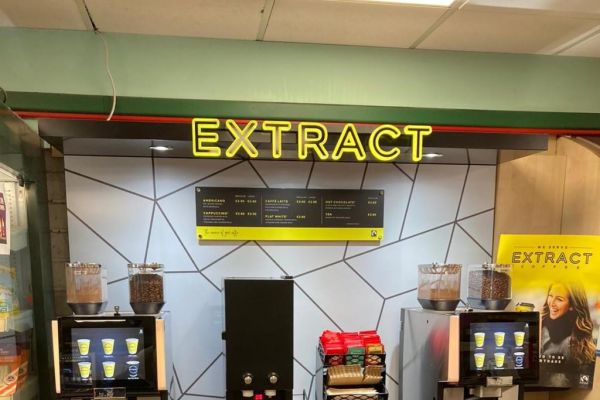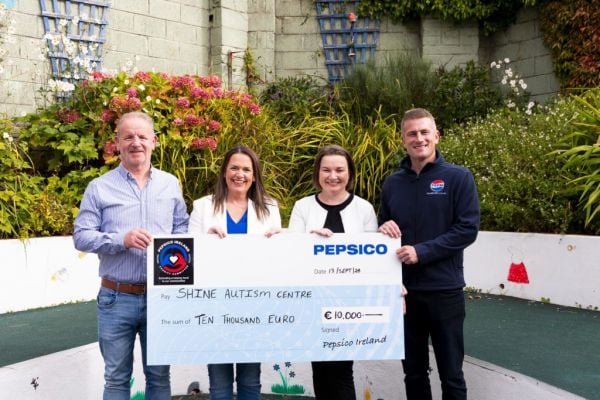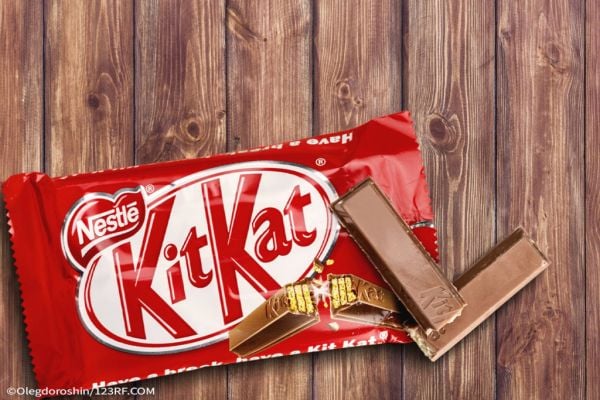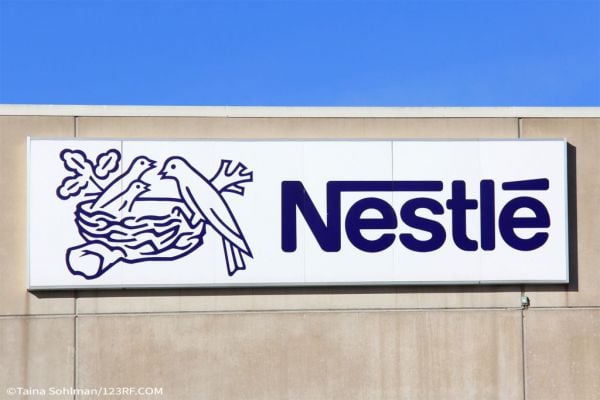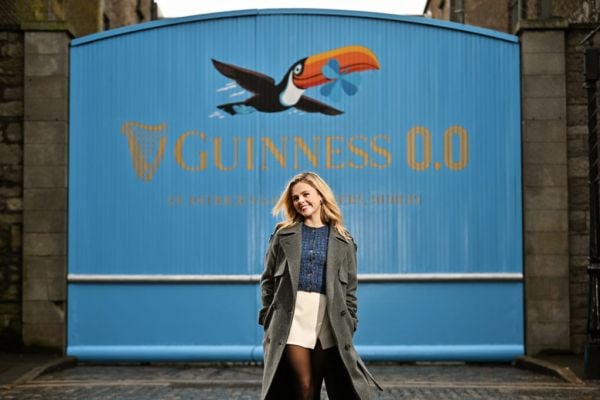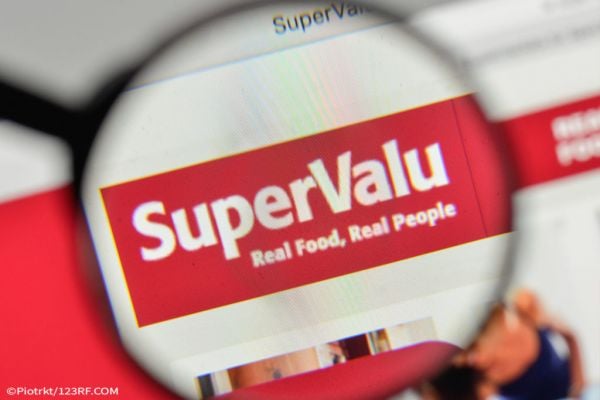Extract Coffee is the latest offering from commercial coffee solutions company Capitol Foods. Marketing manager Michelle McKee talks to Checkout about the coffee-to-go concept that offers an ‘all in one’ coffee package to businesses in the convenience and forecourt sectors in Ireland.
Capitol Foods delivers commercial coffee solutions to customers across the island of Ireland, from traditional espresso machines for the hotel and restaurant trade to commercial bean-to-cup machines, more commonly found in local convenience stores or forecourts.
Capitol Foods’ coffee brands include Piacetto, Tchibo, Smokin’ Bean, a range of Matthew Algie blends, and Extract Coffee.
“We supply the machine, the furniture, the coffee, and all the necessary ancillaries – such as lids, cups and sugars – backed up with impactful branding, leaving retailers to concentrate on selling to their customers,” says McKee.
Mindful of the increased awareness around environmental and climate change issues – and the call for brands to behave in more sustainable and eco-friendly ways – McKee says that deciding on Fairtrade-certified coffee beans for the Extract brand was a no-brainer.
“Sustainability has always been important to us, with at least 90% of the coffees that are sourced through our roastery, Matthew Algie, carrying one or more certifications,” she says.
“We were also the world’s first roastery to be awarded the Carbon Neutral Gold Standard, and we continue to work with One Carbon World to measure, reduce and offset our carbon emissions alongside climate adaptation projects with our agricultural partners.”
Fairtrade Cooperatives
Extract beans come from a number of Fairtrade cooperatives in Indonesia, Brazil, Honduras and Peru. The farmers are guaranteed to receive at least the Fairtrade price for their coffee, which aims to cover their costs of production and act as a safety net when market prices fall below a sustainable level.
This minimum price also rises with world market prices. A Fairtrade premium is also paid, with at least 25% of this money used to enhance productivity and coffee quality, with the remainder used to fund community projects, such as investing in healthcare and education.
“One of the cooperatives we work with is COCAFCAL [Cooperativa Cafetalera Capucas Limitada], in Honduras,” says McKee. “To date, a number of projects have benefitted through the Fairtrade premium, including investment in a local health centre, caring for the cooperative members and the surrounding communities, and the founding of a local football camp, which provides a cost-free, healthy recreational outlet for the young.
“Funds were also used to develop a virtual library and to fund scholarships for members’ children who wanted to pursue higher education.”
Money has also been used to purchase equipment, which will improve quality and productivity while reducing the impact on the environment. This includes a processing plant for organic fertilisers, accessible to members of the cooperative.
“Another of our cooperatives used some of the Fairtrade premium for the provision of weeding kits to members,” says McKee.
“Weeds can host and spread coffee diseases and pests, so these kits help to keep coffee farms healthy, without the use of chemicals.”
Sustainably Sourced Eco Cups
Conscious that consumers are also keen to reduce waste, Capital Foods introduced an Extract-branded Eco Cup.
“Not only does the Extract Eco Cup give customers an alternative to single-use cups, it is made from sustainable bamboo fibres, and for each one purchased, Capitol have partnered with GoReusable and the National Forest Foundation to plant a tree,” McKee says.
Extract’s single-use cups were sourced through Vegware.
They are made from sustainably sourced board, plant-based polylactic acid (PLA) – even though the PLA is plant based, cups must carry the turtle mark, due to all PLA being included in EU legislation – and vegetable- or water-based inks.
The cups are approved by Cré, the Composting and Anaerobic Digestion Association of Ireland, and they can be recycled in brown bins throughout the Republic of Ireland.
From Limerick to Donegal
“We hope that, having listened to consumers and their desire to make a difference, Extract’s credentials will make it an appealing coffee offering for retailers,” says McKee.
“We had planned to launch Extract at Ireland’s Convenience Retailer Summit before Covid took hold. Unfortunately, as the retail and hospitality landscape changed, with events cancelled and postponed, Extract didn’t quite get the fanfare it deserved.”
Nonetheless, it has been a popular offer with convenience and forecourt retailers from Limerick to Mayo and Wicklow to Donegal.
Maxol Johnstown Bridge and Texaco Blessington are the latest retailers to have taken on the brand, and McKee says that they are looking forward to showing it off at the rescheduled Convenience Retailer Summit later this year.
“In the meantime, look out for Extract when you are out and about across Ireland, and try it for yourself,” she says.
“Sustainability credentials aside, we hope you will agree that it’s a great-tasting coffee!”
© 2022 Checkout – your source for the latest Irish retail news. Commercial Content. For more drinks news, click here. Click sign up to subscribe to Checkout.
